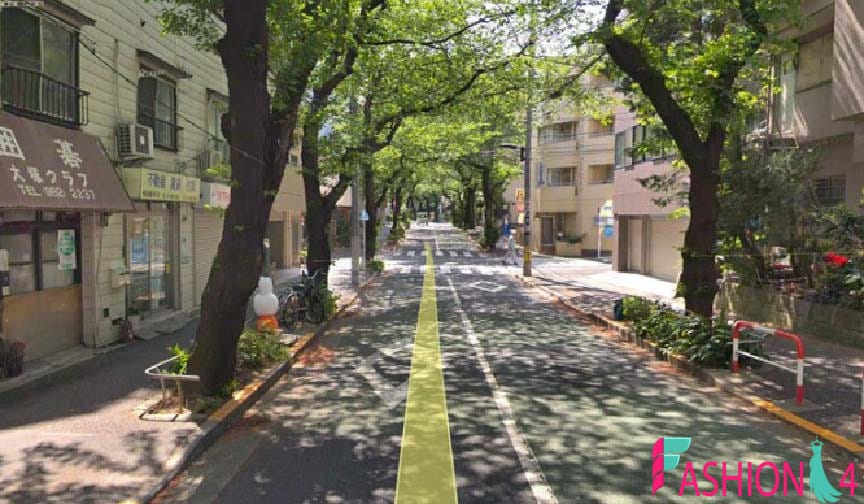
Have you ever felt like something just didn’t quite belong? Maybe it’s a mismatched piece of furniture or an unfamiliar face in a neighborhood. The concept of being “unrelated in a home Opelika” touches on a similar feeling, but in a more personal and specific context. Let’s dive in to understand what this means and why it’s worth paying attention to.
Introduction
Life is full of connections—family, friends, neighbors—but sometimes, circumstances create situations where people live together without being directly related. In Opelika, Alabama, this phenomenon has raised questions, sparked debates, and even led to unique challenges. But why is this issue gaining attention now? What does it mean for the people involved?
Whether you’re a curious resident, a homeowner, or simply someone intrigued by societal dynamics, this article will break it all down in simple, relatable terms. Let’s explore the topic in detail.
Understanding the Basics of Being Unrelated in a Home
Living arrangements where individuals are “unrelated” are more common than we might think. Here’s what the term typically refers to:
- What does “unrelated” mean? It simply describes individuals who share a living space but are not connected by family ties or marriage.
- Why does it matter in Opelika? Local regulations and community dynamics can make these arrangements a topic of discussion, especially in neighborhoods with strict zoning laws or family-oriented cultures.
Professional Bio Table
| Category | Details | Notes |
|---|---|---|
| Primary Concern | Zoning Laws in Opelika | Impact on unrelated individuals living together |
| Affected Areas | Residential Zones | Family-oriented communities |
| Common Issues | Noise complaints, parking congestion | Often associated with unrelated households |
| Legal Restrictions | Zoning codes and definitions | Differ by municipality |
| Cultural Perception | Preference for traditional families | Varies among residents |
| Examples in Opelika | College students sharing homes | Can lead to disputes or debates |
| Historical Context | Rise in unrelated households since 2000s | Driven by financial or social reasons |
| Challenges | Balancing regulations and personal freedom | Affects both residents and policymakers |
| Benefits | Affordable housing options | For students, workers, and single adults |
| Future Implications | Changing societal norms | Likely to influence local policies |
The Legal Side of Living Unrelated in Opelika
Zoning Laws and Regulations
Opelika’s zoning laws often restrict unrelated individuals from living in certain residential areas. These rules are intended to preserve the character of neighborhoods, but they can sometimes create hurdles for residents who need affordable or flexible housing.
Did you know? In Opelika, zoning laws are enforced to maintain a “single-family residential” atmosphere in many areas.
Why Do People Choose These Arrangements?
Economic Benefits
Let’s face it—life is expensive. By sharing living costs, unrelated individuals can afford better housing or save money for other priorities.
Convenience and Flexibility
For college students, young professionals, or transient workers, unrelated living offers a practical solution to their housing needs.
Changing Social Norms
Today’s society embraces diverse living arrangements. Unrelated households are no longer unusual, reflecting a shift in how we view family and community.
Challenges Faced by Unrelated Households

Community Resistance
It’s not uncommon for traditional neighborhoods to resist unrelated living setups. Concerns about noise, traffic, or changes to the “feel” of the area often arise.
Legal Obstacles
Even if unrelated households operate respectfully, they may face legal challenges due to zoning restrictions.
Social Stigma
Despite changing norms, some people still view unrelated living as unconventional, leading to judgment or misunderstanding.
How Opelika Residents Are Adapting
Advocacy and Awareness
Local groups are raising awareness about the need for inclusive housing policies. By educating the community, they aim to reduce resistance and build understanding.
Policy Adjustments
City officials are exploring ways to balance traditional values with modern housing needs. Adjusting zoning laws could provide solutions.
The Bigger Picture: Why This Matters
Opelika’s story is just one example of a broader trend. Across the U.S., the rise of unrelated households highlights evolving societal values and economic realities.
Think about it this way: A home isn’t defined by who lives in it—it’s about the connections, care, and respect that people bring to the space.
FAQs About Living Unrelated in a Home Opelika
1. What does “unrelated in a home” mean in Opelika?
It refers to individuals sharing a residence without familial or marital ties, often raising questions about local zoning laws and cultural norms.
2. Are unrelated living arrangements illegal in Opelika?
Not necessarily. However, zoning restrictions in certain areas may limit or regulate such setups.
3. Why do people choose unrelated living arrangements?
Economic savings, convenience, and changing social norms make unrelated living appealing for many individuals.
4. What challenges do unrelated households face?
They may encounter legal restrictions, community resistance, or social stigma in certain neighborhoods.
5. How can Opelika address this issue?
By balancing traditional values with modern needs, adjusting policies, and promoting awareness, Opelika can create more inclusive housing solutions.
Conclusion
The concept of being “unrelated in a home Opelika” goes beyond zoning laws or neighborhood disputes. It’s about understanding the diverse ways people live, adapt, and connect in today’s world. By embracing these changes with empathy and openness, Opelika can lead the way in creating a community that respects both tradition and progress.
Who knows? Maybe the next time you encounter an “unrelated” household, you’ll see it as a unique opportunity to build a stronger, more inclusive neighborhood.
MORE VISIT, Fashion4

